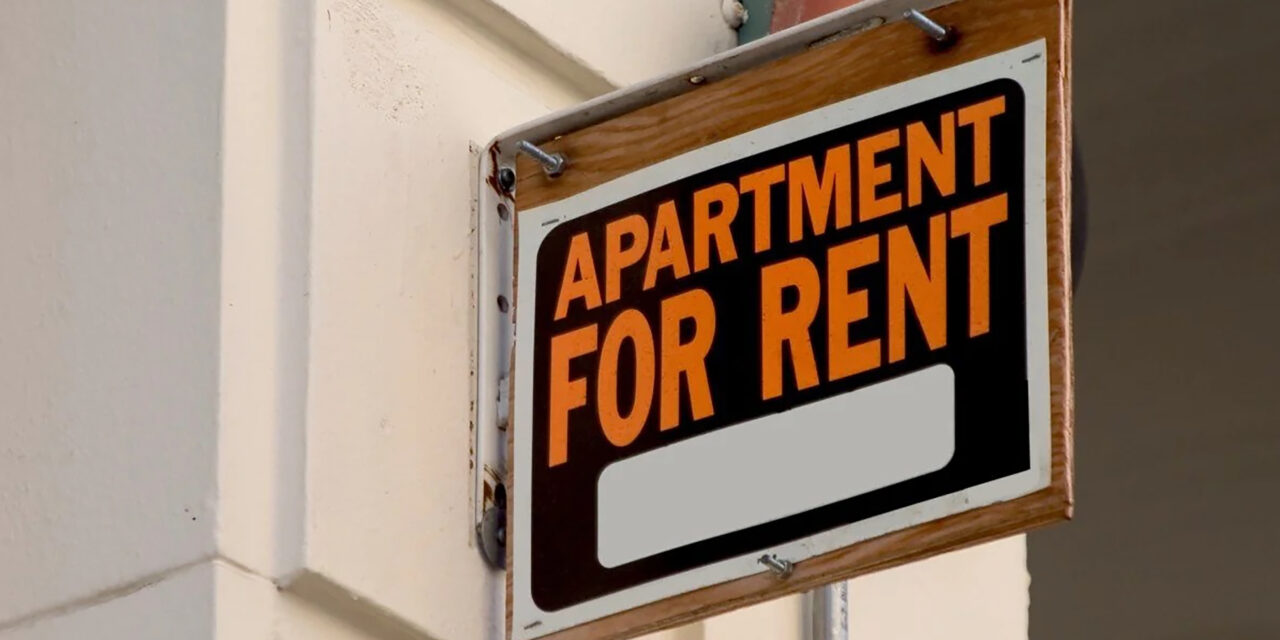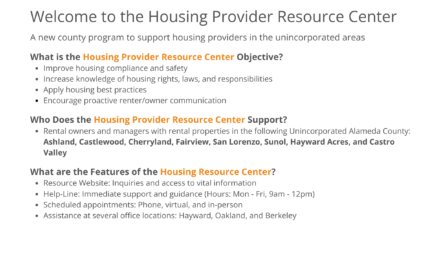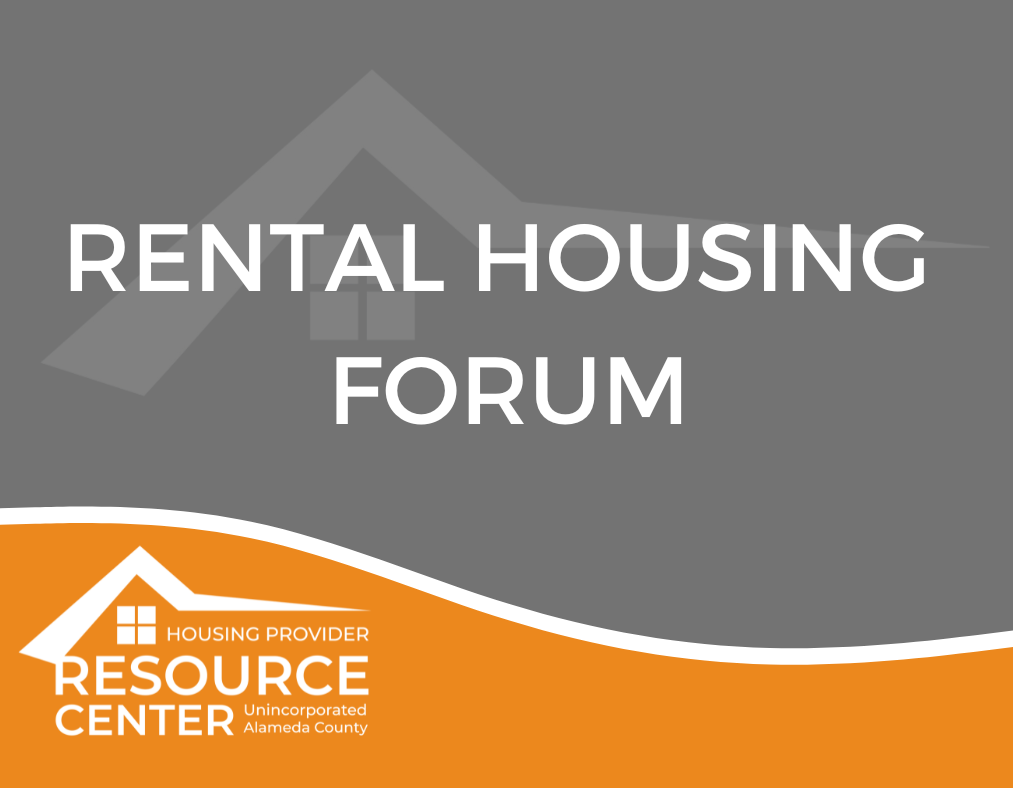July 1, 2024
A significant legislative change came into effect in California on July 1, 2024, altering the landscape of rental agreements across the state. Assembly Bill 12 (AB 12) imposes new restrictions on the amount of security deposit rental housing providers can require from
renters.
AB 12 mandates that rental property owners cannot demand or receive a security deposit exceeding one month’s rent. This law is designed to reduce the financial burden on renters, many of whom struggle with high upfront costs when securing a rental property.
Exceptions to the Rule
While AB 12 sets a general cap of one month’s rent for security deposits, there are specific exceptions:
- Small “Mom & Pop” Rental Owners: The law permits a maximum security deposit of up to two months’ rent if:
- The rental owner is a natural person or part of a limited liability company (LLC) where all members are natural persons.
- The rental property owner owns no more than two residential rental properties, collectively comprising no more than four dwelling units. For example, if an owner owns a duplex and a triplex (totaling five units), they do not qualify for this exception.
- Active Service Members: The maximum security deposit for active service members remains capped at one month’s rent, without exception. Additionally, it is illegal to discriminate against active service members due to this requirement.
Existing Security Deposits
AB 12 applies solely to new security deposits obtained after July 1, 2024. Security deposits collected before this date, provided they were lawfully obtained, can remain unchanged.
Furnished vs. Unfurnished Properties
Previously, California law allowed rental owners to require up to three months’ rent as a security deposit for furnished properties. AB 12 eliminates this distinction, treating furnished and unfurnished properties equally under the one-month security deposit cap.
Pet Deposits
The new law also clarifies the treatment of pet deposits. A pet deposit is considered part of the overall security deposit and is included within the one-month limit. Rental housing providers can no longer demand additional deposits specifically for pets beyond this cap.
First and Last Month’s Rent
Under AB 12, rental owners can charge the first month’s rent upfront, which is standard practice. However, they cannot charge the “last month’s” rent separately and hold it apart from the security deposit. If done, this would be considered part of the security deposit and subject to the one-month limit, making such a practice inadvisable.
Compliance and Enforcement
The introduction of AB 12 underscores the importance of adhering to California’s security deposit regulations. Owners are encouraged to comply with the new rules to avoid legal issues and ensure a fair rental market. Any attempts to circumvent the law by creative means are strongly discouraged, as the security deposit is fundamentally the renter’s money, held in trust to cover potential damages or unpaid rent.
Market Implications
AB 12 is expected to accelerate the trend toward lower security deposits in the California rental market. Larger property owners with extensive portfolios have already been moving toward lower security deposits to attract renters and reduce vacancy rates.
For rental owners who qualify for the exception and can hold up to two months’ rent as a security deposit, it’s crucial to consider the competitive disadvantage of higher move-in costs. Higher security deposits might deter potential renters, especially those with good credit who have other housing options.
Assembly Bill 12 marks a significant shift in California’s rental housing policies, aiming to make renting more accessible. By capping security deposits at one month’s rent and providing specific exceptions for small rental owners, the bill seeks to balance the interests of both renters and owners. As with any legal change, HPRC suggests you reach out to our our association if you are unclear about your specific situation, or discuss it with legal experts to ensure full compliance and to understand the nuances of the new regulations. This proactive approach will help maintain trust in your owner-renter relationships.
If you have any questions, please reach out to the Alameda County Housing Provider Resource Center (ACHPRC) at or call us at 510.868.0700.

Brought to you by the Alameda County Housing Provider Resource Center (ACHPRC)







